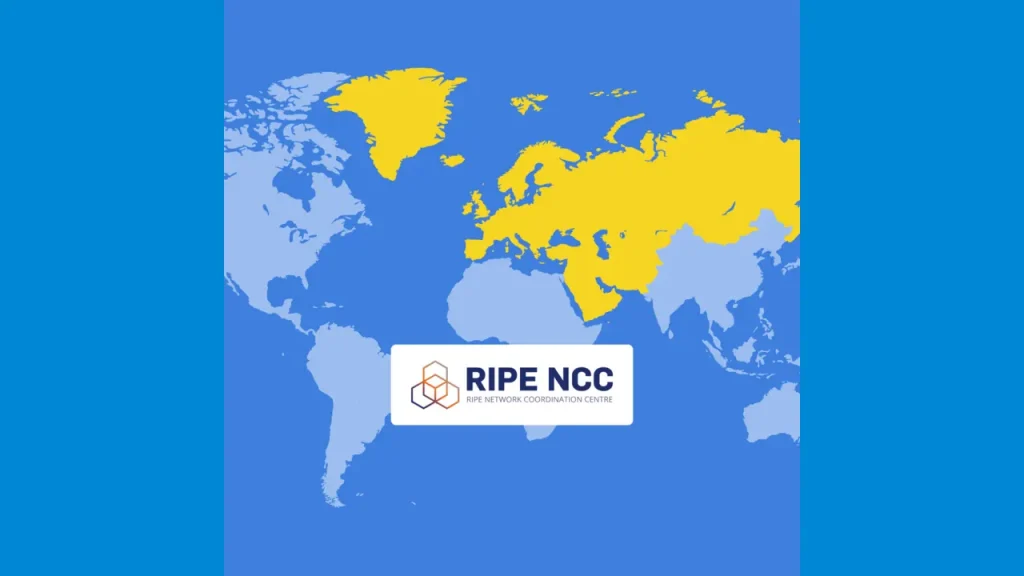- Members can register to attend the meeting either in person in Bucharest or remotely, and must register via the LIR Portal by 14:00 (UTC+3) on 22 October.
- The meeting includes discussion of the draft Activity Plan and Budget for 2026, with all supporting documents published by 8 October.
What happened: Registration details and participation deadlines for the RIPE NCC General Meeting
Registration opens for the RIPE NCC General Meeting (GM) scheduled for 22–24 October 2025, held both in person at the JW Marriott Grand Hotel in Bucharest and online via Meetecho, with livestream and chat participation available at RIPE. The formal, members-only segment begins at 16:00 (UTC+3) on 22 October, and closes with the outcome of votes at 10:30 on 24 October. To take part and vote, members must register via the LIR Portal and have Two-Factor Authentication enabled on their RIPE NCC Access account. Deadlines include registration by 22 October at 14:00 (UTC+3), proxy submissions by 8 October, and publication of agenda and supporting documents also by 8 October.
Also Read: RIPE defends role after Montenegrin regulator raises concerns
Also Read: RIPE NCC defends neutrality in Kosovo IP address dispute
Why it is important
This GM is especially significant because it serves as a key governance moment: members review and vote on the Draft Activity Plan and Budget for 2026, which sets the strategic direction and resource allocation for the coming year. The dual format—offering both in-person and remote access—demonstrates RIPE NCC’s commitment to inclusion and accessibility, notably in an era when hybrid participation is increasingly essential for global tech governance. The event coincides with RIPE 91 (20–24 October 2025) in Bucharest, providing an opportunity to combine broader technical discussions with institutional decision-making. Hybrid formats expand participation beyond geographical constraints, and transparency around budget and planning reinforces trust and accountability in Internet governance. Members who engage actively in such GM proceedings help steer the allocation of IP and ASN resources, the maintenance of critical systems and tools, and ultimately the future scope of services provided to the Internet community.

